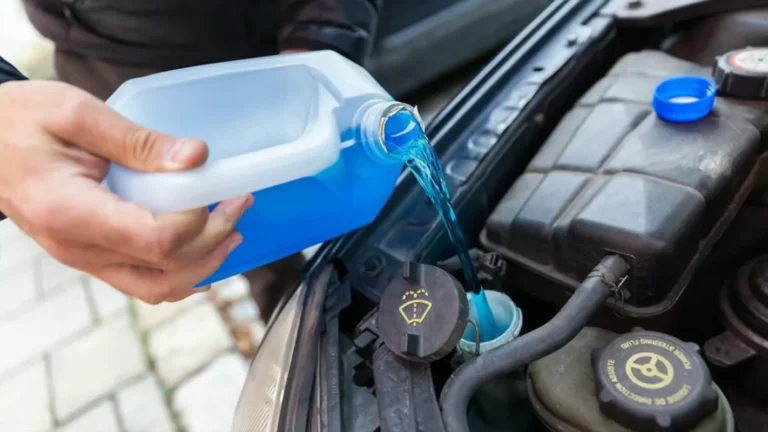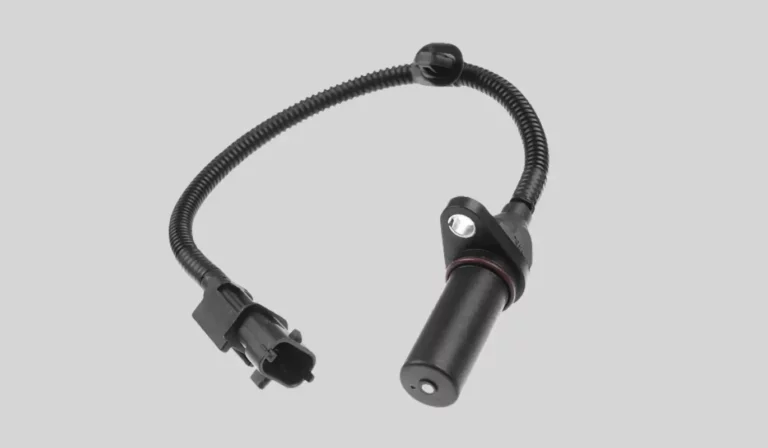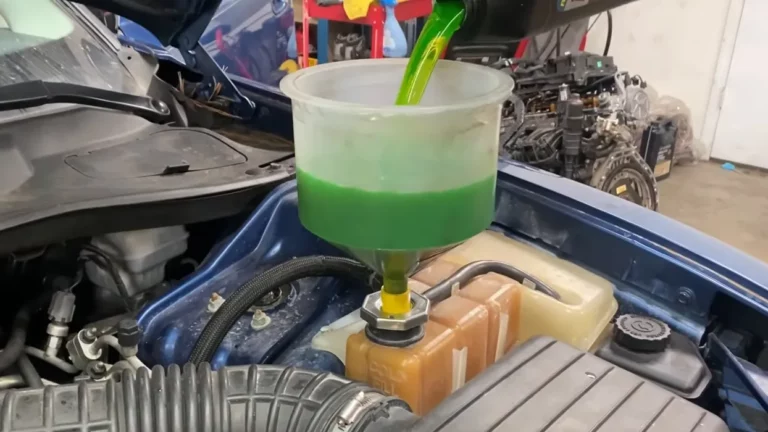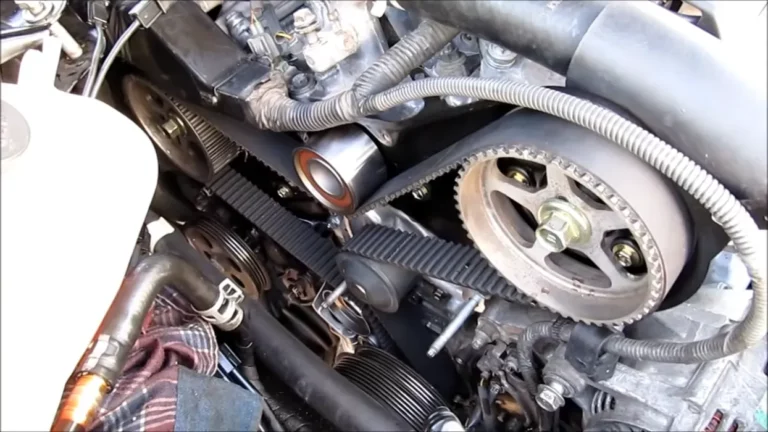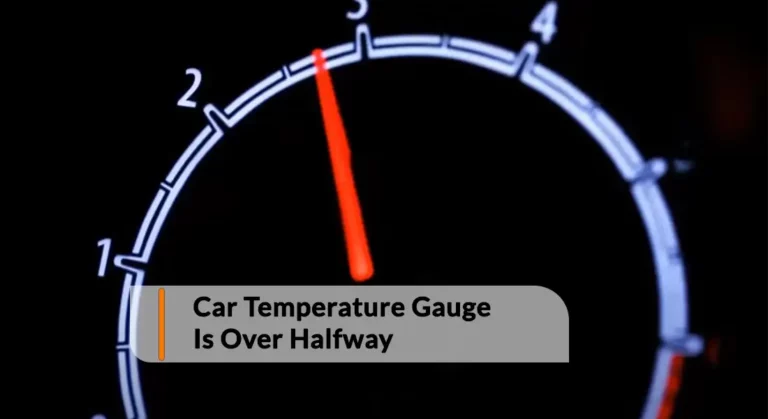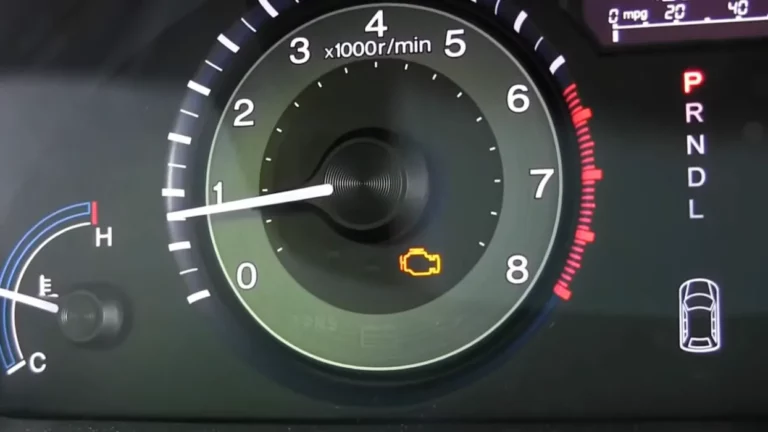Can You Use DOT 4 Instead of DOT 3? All You Need to Know
DOT 3 and DOT 4 are glycol-based brake fluids that offer different boiling points & viscosity ratings. Both are similar but the DOT 4 is regarded to be better in most situations.
For that reason, many decide to opt for DOT 4 brake fluids on their DOT 3 system. But can you use DOT 4 instead of DOT 3? Yes, you can. This is due to the fact:
- DOT 4 brake fluid offers higher resistance to brake fade
- These brake fluids have a higher boiling point
- The chemical components offer better viscosity ratings
On the other hand, you can’t put DOT 3 brake fluid on DOT 4 systems as they are not compatible.
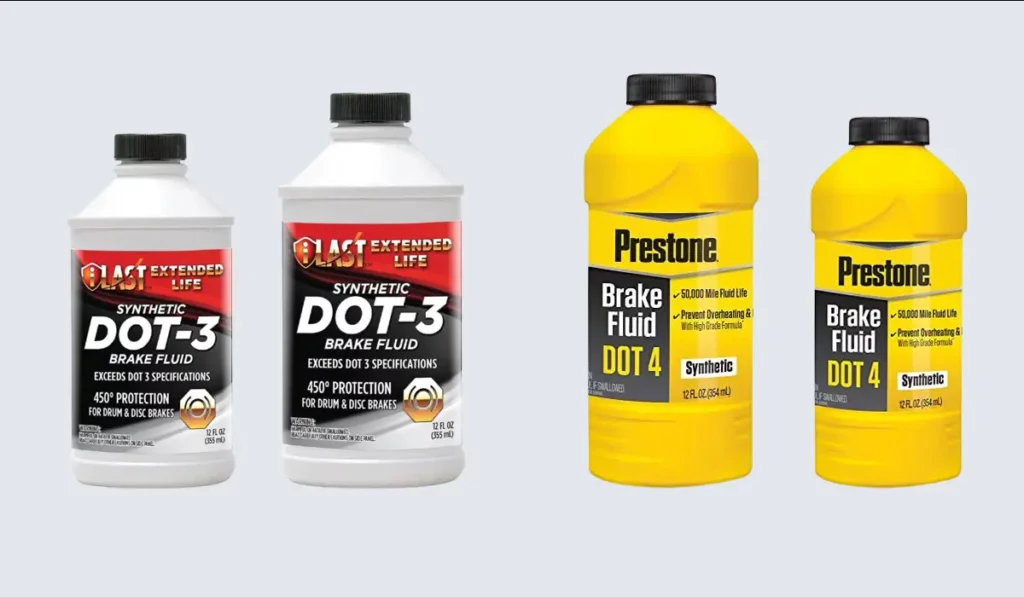
Why DOT 4 is Compatible with DOT 3?
To understand why DOT 4 brake fluid is compatible with DOT 3 but not the other way around, you will need to understand the functionality of the following factors:
Fluid Base
The primary reason for DOT 3 brake fluids to be compatible with the DOT 4 brake fluid-based system is the fact that they share the same base element.
Both brake fluids have the same base element. They are both made of glycol.
This is why you can go ahead and put in DOT 4 brake fluid on the DOT 3 systems but can’t put in DOT 5 brake fluid as it is made of silicon base.
The Boiling Point
One of the key factors regarding the effectiveness of the braking system is the boiling point of the brake fluids.
The boiling point refers to the temperature where the brake fluid starts to vaporize, when that happens the braking system will encounter a loss in performance.
That’s why the higher the boiling points the better the brake fluid is.
When considering the boiling point, you should address the dry boiling point (the boiling point that is unexposed to moisture) and wet boiling (the boiling point that is exposed to moisture) point as well.
Boiling Point of DOT 3 Brake Fluids
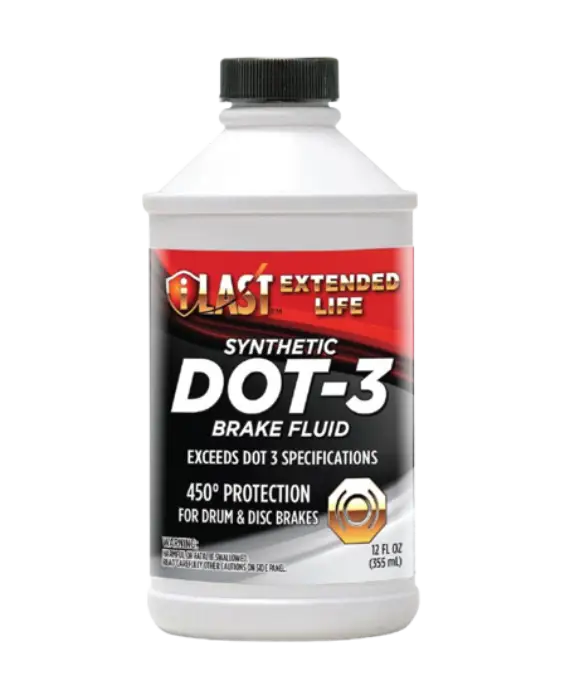
DOT 3 is the most popular and widely used brake fluid system on vehicles. They are especially popular among older car models, but new models also opt for them at times.
The dry boiling point for DOT 3 fluids is 205 degrees Celsius or 401 Fahrenheit. On the other hand, the approximate wet boiling point is around 140 degrees Celsius or 284 Fahrenheit.
These boiling points are perfectly suitable for driving on day-to-day roads and natural environments.
Boiling Point of DOT 4 Brake Fluids
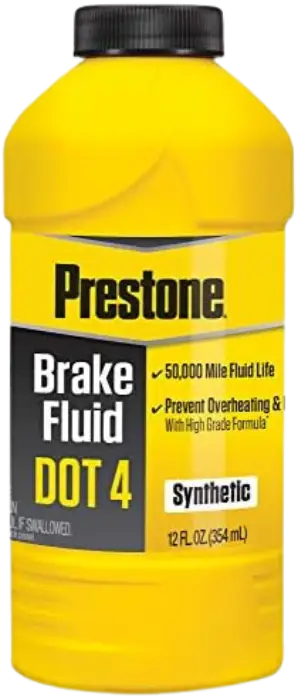
DOT 4 fluids offer a higher boiling point than DOT 3.
Its general dry boiling point is around 230 degrees Celsius or 446 Fahrenheit and the wet boiling point is around 155 degrees Celsius or 311 Fahrenheit.
As you can see, if you put the numbers together, there is around an 11% increase in the boiling point from DOT 3 to DOT 4.
This means that the DOT 4 has 11% more resistance and protection than what DOT 3 can offer.
But the increase in the boiling point isn’t the main factor here. While there is an increase, it isn’t significantly high.
Therefore, braking systems that are designed to handle the boiling point of DOT 3 brake fluids can adapt to the boiling point of DOT 4 brake fluids as well.
So, there won’t be any complications, if you start to use DOT 4 brake fluid instead of the DOT 3 brake fluids.
That being said, if you can, you should consult a professional or your vehicle manufacturer regarding this matter.
Why DOT 3 isn’t Compatible with DOT 4 Brake Systems?
While it is a fact that both DOT 3 & DOT 4 systems share the same base element that doesn’t allow DOT 4 systems to work with DOT 3 brake fluid.
This is due to the fact that the boiling point requirements of DOT 4 systems are higher than what DOT 3 fluid can handle.
So, when DOT 3 brake fluid is put in a DOT 4 braking system-based vehicle, the brake fluid will evaporate at an alarming rate and will significantly affect the braking performance.
Thus, it is regarded as incompatible to put DOT 3 brake fluid on DOT 4 systems.
When DOT 4 Brake Fluid Isn’t Compatible with DOT 3 Systems
There are times, when a DOT 3 system may reject DOT 4 brake fluids. The reasons behind this situation are as follows:
The Parts of the Braking System Aren’t Compatible with DOT 4 Fluid
In some car models, especially older car models, the parts of the braking system outright reject DOT 4 brake fluid.
So, if the system completely rejects the brake fluid, then it won’t be able to work and thus will be ineffective.
Most modern car models don’t have this issue that being said, if you are planning to put in DOT 4 brake fluid on DOT 3 system, then it is better to do your research first.
You should consult the manufacturer’s guide regarding this matter.
Otherwise, you can take your car to a mechanic and let him run a proper diagnosis to find out the compatibility of your vehicle.
The Base Element of the DOT 4 Fluid isn’t Glycol
While most of the time you will encounter DOT 4 fluids that have a glycol base. There are brake fluids for the DOT 4 brake system that is made of Borate Ester.
Borate Ester and glycol are completely different components as one is an organic compound and the other is derived directly from alkylene glycols.
But, DOT 3 brake systems are only designed to support brake fluids that have a glycol base, not a boron base or Borate ester.
So, they won’t function with that brake fluid, making the functioning of the fluid effectless.
If these two situations arise then the DOT 4 brake fluid will not work with the DOT 3 system.
Read Also: Does the Radiator of a Car Pull Coolant from the Reservoir?
Why You May Consider Using the DOT 4 Fluid on DOT 3 Vehicle?
DOT 4 brake fluid offers several advantages over DOT 3 brake fluid, especially in demanding driving conditions or high-performance applications.
Here are the advantages of DOT 4 brake fluid in greater detail:
Higher Boiling Point
As mentioned earlier, DOT 4 brake fluid has a higher boiling point compared to DOT 3.
This higher boiling point of DOT 4 brake fluid provides better resistance to brake fade under extreme heat conditions.
Brake fade shows itself when the brake fluid gets to its boiling point, which leads to the formation of vapor bubbles, triggering a loss of hydraulic pressure, and as a result, we encounter diminished brake performance.
The high boiling point of DOT 4 brake fluid prevents brake fade and maintains consistent braking performance, especially during extreme weather situations, intense braking sessions, or prolonged periods of heavy use of the brake system.
Enhanced Safety Margin
Using DOT 4 brake fluid also increases the safety margin of the brake systems. It ensures a greater buffer against any potential brake fluid vaporization.
This later ensures that the brake system remains functional and responds even when it is under high-pressure scenarios.
This is ensuring protection for your vehicle when there is performance-oriented driving or heavy-duty applications or when towing heavy loads.
Higher Resistance to Oxidation
DOT 4 brake fluid generally exhibits high oxidation resistance compared to DOT 3 brake fluid.
Oxidation occurs when brake fluid starts to react with oxygen. This starts over time, which later leads to the degradation of the fluid’s chemical properties.
The fluid’s increased resistance to oxidation will allow it to maintain its stability and integrity for longer periods which will result in an extended lifespan.
No Adverse Effects with DOT 3 Systems
As DOT 4 brake fluid is backward-compatible with systems designed for DOT 3 brake fluid.
So, you won’t be facing any sort of consequences while using it but will enjoy the benefits that come with it.
Read Also: Oil Leak between Engine and Transmission (Causes & Solutions)
Frequently Asked Questions [FAQs]
Is it safe to mix DOT 3 and DOT 4 brake fluids?
No, it is generally not recommended to mix DOT 3 and DOT 4 brake fluids.
Can I use DOT 4 brake fluid in an older vehicle designed for DOT 3?
In most cases, no. The older systems may have specific requirements or components that could be affected by the higher performance characteristics of DOT 4.
Are there any potential risks or drawbacks of using DOT 4 brake fluid instead of DOT 3?
Usually no, but the higher performance characteristics of DOT 4 brake fluid may not be fully utilized in regular DOT 3 systems.
Can using DOT 4 brake fluid void my vehicle’s warranty?
No, using DOT 4 brake fluid instead of DOT 3 generally does not void a vehicle’s warranty.
Are there any specific precautions or procedures for switching to DOT 4 brake fluid?
When transitioning from DOT 3 to DOT 4, it is important to follow proper flushing and bleeding procedures of the old brake fluid so that there isn’t any chance of potential mixing of the two types of brake fluids.
Final Thoughts
So, yes, you can use DOT 4 instead of DOT 3 as brake fluid. But you should consider certain factors and find out whether your car is compatible or not before you give it a go.

